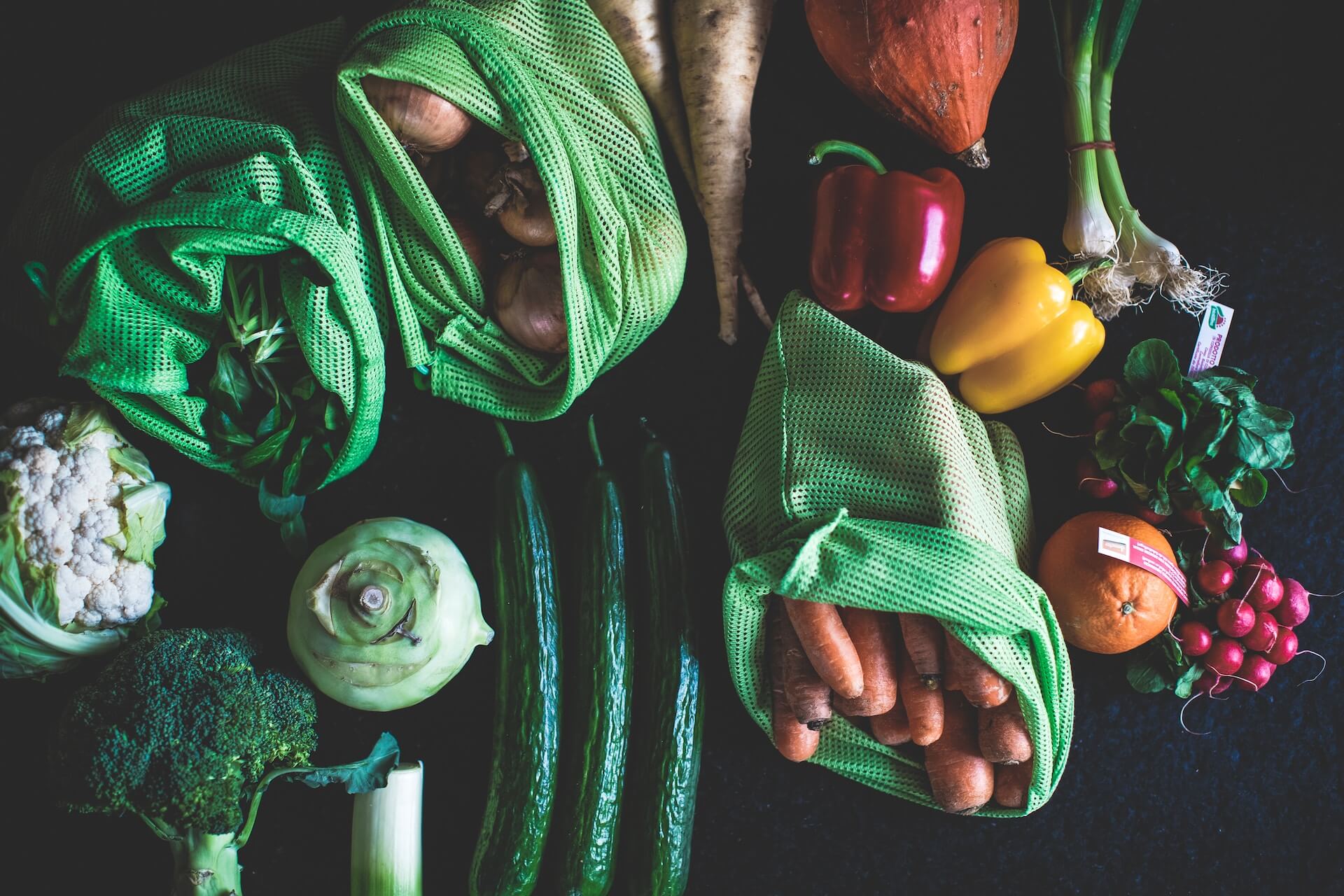“Waste not, want not.” This age-old adage holds more significance today than ever as we face the global challenge of food waste. According to the United Nations, approximately one-third of all food produced for human consumption is lost or wasted.
This not only represents a tremendous loss of valuable resources but also contributes significantly to greenhouse gas emissions. However, in the face of this challenge, artificial intelligence (AI) emerges as a beacon of hope, offering innovative solutions to ensure sustainable consumption.
AI in Food Waste Reduction: A Technological Marvel
AI is revolutionising the way we approach food waste by providing smart, data-driven solutions. Through the use of advanced algorithms and machine learning, AI can predict consumption patterns, optimise food supply chains, and reduce inefficiencies.
- Predictive Analytics for Demand Forecasting
One of the key areas where AI is making a difference is demand forecasting. By analysing data on consumer behaviour, historical trends, and market dynamics, AI algorithms can predict future demand with high accuracy. This helps retailers and suppliers adjust their procurement strategies, reducing the likelihood of overstocking and subsequent waste.
- Optimising Food Supply Chains
AI plays a pivotal role in optimising food supply chains, from farm to fork. Sensors and AI-driven analytics can monitor the condition of food during transport and storage, alerting suppliers to any issues that might lead to spoilage. Additionally, AI can optimise transportation routes to ensure the fastest delivery times, keeping food fresh upon arrival.
Tackling Food Waste at the Consumer Level
“We don’t need a handful of people doing zero waste perfectly. We need millions of people doing it imperfectly.”
~ Anne-Marie Bonneau
In the quest to conquer food waste, the battleground extends into the heart of our homes: the kitchen. Here, AI is not just a tool but a culinary companion, transforming how we interact with our food and managing waste at the consumer level.
- Smart Refrigerators: The Pinnacle of Kitchen Intelligence
Enter the realm of smart refrigerators, where AI is much more than a silent observer. These high-tech appliances are capable of monitoring what’s inside them, tracking expiry dates with precision, and alerting us before food goes bad. But their intelligence doesn’t stop there.
Imagine a fridge that understands your eating habits and dietary preferences. Using AI, it suggests recipes based on the ingredients you already have, ensuring that nothing goes to waste. This is culinary creativity and waste reduction, all rolled into one.
- Personalised Grocery Shopping: A Leap in Efficiency
But what about restocking? AI in smart refrigerators can also streamline this process. By analysing consumption patterns, these refrigerators can predict what and when you’ll need to restock, even placing grocery orders automatically. This isn’t just convenient; it’s a stride towards mindful consumption, ensuring you buy only what you need.
- Reducing Food Waste: A Ripple Effect
The impact of this AI-driven kitchen revolution goes beyond just reducing food waste. It’s about lifestyle change. By aiding in efficient meal planning and budgeting, AI encourages more mindful eating practices. A study by the Natural Resources Defence Council highlighted that an average American family of four throws out $1,800 worth of food annually. Smart AI technology in the kitchen could substantially reduce this financial and environmental burden.
AI-Powered Composting and Recycling Solutions
“Compost is organic gold. Treasure it.”
~ Anonymous
In the cycle of food consumption, some waste is inevitable. But with AI’s intervention, this ‘waste’ embarks on a transformative journey, evolving from mere scraps to valuable resources. AI-driven composting and recycling systems are pioneering a green revolution, ensuring that every bit of food waste is given a new lease on life.
- Intelligent Composting: The Alchemy of Waste
Imagine a composting system that knows exactly when and how to transform your food scraps into nutrient-rich compost. AI-driven composters are doing just that. Equipped with sensors and intelligent algorithms, these systems assess the composition of the waste, adjusting moisture, temperature, and aeration to create the perfect composting conditions. The result? High-quality compost can be used to nourish gardens and farms, closing the loop in the food production cycle.
- AI in Recycling: A Step towards Zero Waste
Beyond composting, AI is revolutionising the recycling of food waste. Sophisticated AI systems can efficiently sort food waste from other types of refuse, ensuring that each type of waste is processed in the most appropriate and environmentally friendly way.
These intelligent sorting systems are crucial in large-scale recycling operations where precision is key. By accurately separating food waste, AI ensures it is directed towards appropriate recycling facilities, whether for composting or conversion into bioenergy. This level of precision in waste handling not only enhances the efficiency of recycling programmes but also significantly reduces the contamination of recyclable materials, a common challenge in waste management.
The Road Ahead: Sustainable Practises and Policies
“The best way to predict the future is to create it.”
~ Peter Drucker
As we venture further into the 21st century, the evolution of AI heralds a new dawn for sustainable food consumption. This powerful technology is not just a tool for efficiency; it’s a catalyst for change, offering governments and organisations the means to reshape and enhance food-related practices and policies.
- AI-Driven Policy Making: Towards Sustainable Goals
The potential of AI to influence policy-making is immense. With its ability to process vast amounts of data and uncover patterns and trends, AI can provide invaluable insights for decision-makers. Governments can utilise these insights to craft policies that address critical issues in food production and distribution, thereby reducing waste and environmental impact.
- Harnessing AI for Global Food Security
The role of AI extends beyond waste reduction to ensuring global food security. By optimising food distribution and reducing spoilage, AI can help ensure that food reaches those who need it most. This is particularly crucial in regions where food scarcity is a pressing issue. AI’s predictive capabilities can also aid in forecasting crop yields, enabling better planning and resource allocation to prevent shortages.
- The Future of Food: A Collaborative Effort
The journey towards sustainable food consumption requires a collaborative effort, uniting technology, policy, and human action. As AI continues to advance, it presents an opportunity for a synergistic approach, where technology complements human efforts to create a more sustainable and equitable food system.
Conclusion: AI as a Catalyst for Change
In conclusion, AI is proving to be an indispensable tool in the fight against food waste. Its ability to analyse data, predict trends, and optimise processes is transforming the way we produce, distribute, and consume food. As we continue to harness the power of AI, we pave the way for a future where sustainable consumption is not just an aspiration but a reality. On the journey towards a more sustainable world, AI stands as a catalyst for change, guiding us towards smarter, more efficient, and waste-free consumption practices.







No comment yet, add your voice below!